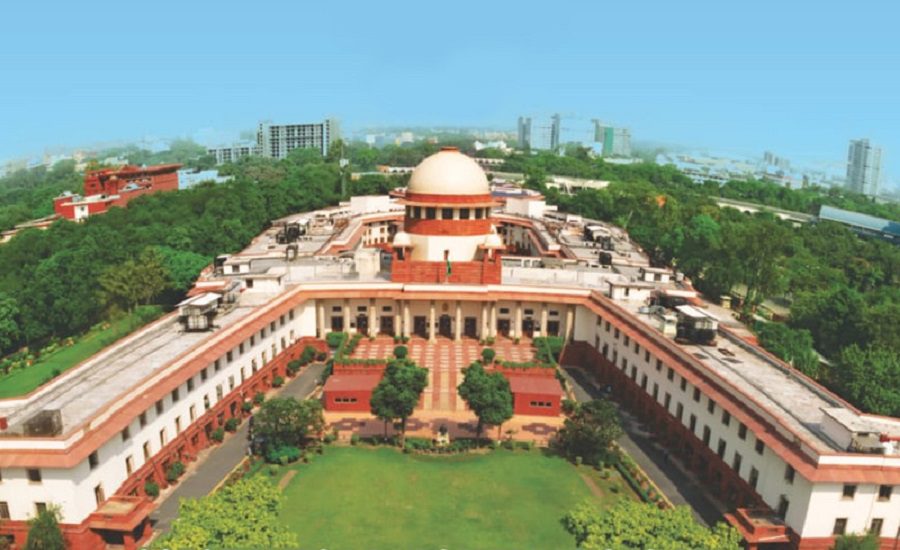New Delhi: The Supreme Court of India on 18 November 2025 expressed deep concern over a media report that “every eight minutes, a child goes missing” in India.
Justice B.V. Nagarathna, heading the bench, remarked:
> “I have read in a newspaper that every eight minutes, a child goes missing in the country. I don’t know if this is true or not. But this is a serious issue.”
The court described the matter as “serious” and underscored that the current adoption and child-tracing systems are failing vulnerable children.
Background of the Child Trafficking India Case
The case before the court stemmed from a petition by the NGO Guria Swayam Sevi Sansthan, which highlighted unresolved cases of kidnapped or missing children, particularly from Uttar Pradesh where minors allegedly were trafficked to states like Jharkhand, Madhya Pradesh and Rajasthan through organised networks of middlemen.
During the hearing on 18 November 2025, the Supreme Court flagged a media report claiming that a child disappears every eight minutes in India—a figure the bench termed “serious” and demanding verification and action.
The court noted major systemic deficiencies:
- The cumbersome and lengthy legal adoption process in India, which may push families towards illegal channels.
- Lack of coordinated, real-time tracking and data-sharing mechanisms across states and Union Territories for missing/trafficked children.
- Failure of States and the Centre to appoint nodal officers responsible for missing-children cases and to publish their details on the national portal.
In view of this, the Court directed the Centre to appoint a national nodal officer for missing children and ensure nationwide coordination by 9 December 2025. Any further delay would attract court-level consequences.
Centre Asked to Streamline Adoption & Tracing Mechanism
During the hearing, the court noted that India’s adoption process is overly complex and may push would-be parents into illegal channels — raising risks for children.
In response, the Additional Solicitor General representing the Centre requested six weeks to appoint a “nodal officer” for missing-children cases. The court refused this and mandated completion by 9 December 2025.
This deadline underscores the urgency of improving coordination between States, Union Territories, and the central system for tracing missing children.
Previous Orders & Gaps Highlighted
- On 14 October, the court had directed that all States and UTs must appoint nodal officers for missing-child cases and publish their names/contact on the Mission Vatsalya Portal, managed by the Ministry of Women & Child Development.
- The court also pointed out the lack of coordination among police agencies across States and UTs in tracing missing children. It urged the creation of a dedicated national portal under the Ministry of Home Affairs to strengthen real-time data sharing and inter-agency cooperation.
Importance of the Court Deadline
- A child going missing every eight minutes — even if the figure needs verification — demands urgent systemic reform.
- Appointing nodal officers by December 9 gives the Centre and states a firm deadline.
- Simplifying adoption and improving inter-state coordination can reduce illegal trafficking.
- A national portal and stronger data sharing can help faster tracing of missing children.
Way Forward
- The clock is now ticking for the Centre; by 9 December, the appointed nodal officers, the streamlined processes, data-sharing platforms and inter-agency coordination must be in place. If the deadline is missed, the Supreme Court may step in with further orders or oversight.
- For civil-society groups, NGOs and state child-welfare agencies, this is a moment to strengthen implementation of the Khoya/Paya Portal (missing/found child database), ensure transparency in adoption, and prioritise rapid-response mechanisms in missing-child cases.





























